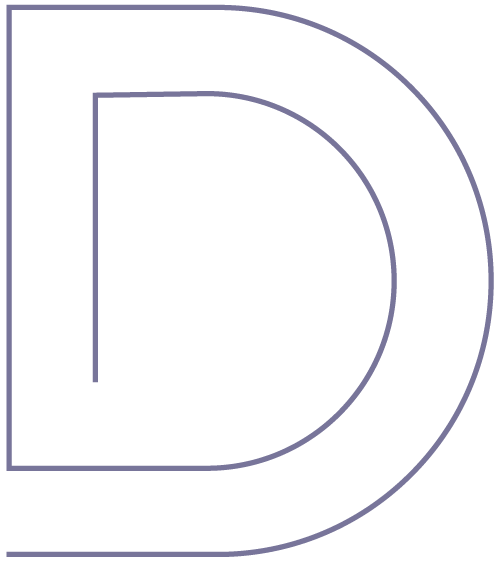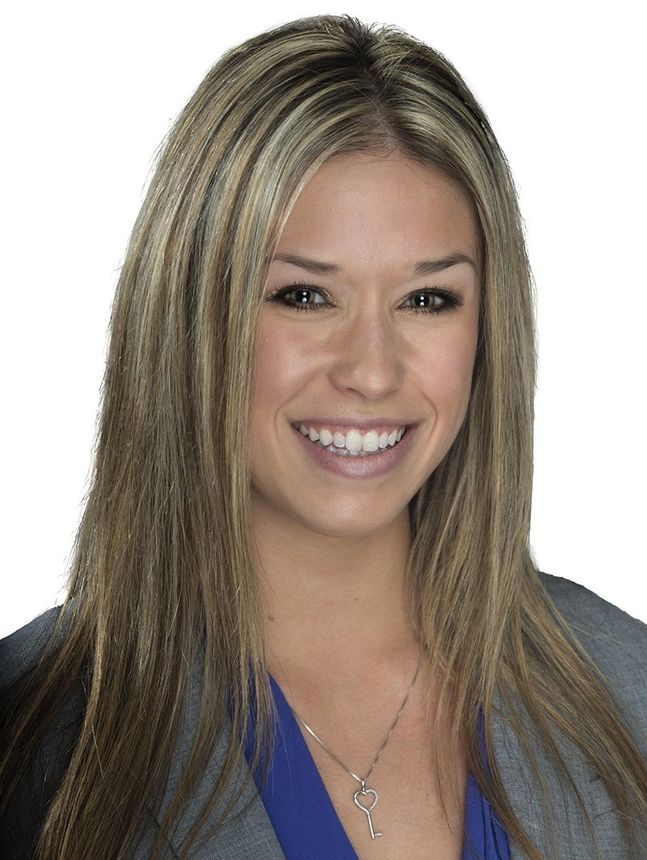ABOUT ME
Being a mortgage broker comes naturally to me. In fact, it’s a perfect blend of my love for numbers and my passion for helping people fulfill their dreams.
I began working on achieving my own dreams at a young age. I started in the hospitality industry when I was only 15 years old. While working my way up to management level, I earned a Commerce degree with a major in Finance from the world-renowned, UBC Sauder School of Business.
Those years of working hard and going to school taught me the invaluable importance of discipline and a good work ethic. They also exposed me to thousands of people who shared their personal stories with me: stories of their own dreams and the challenges they faced to achieve them. Your stories made me a better listener.
I understand everyone is as unique as his or her story. And so are their needs. I also understand that home ownership is one of the biggest lifetime dreams most of us share. But it can be stressful and confusing to navigate your way through the process of finding the right mortgage for you. Let me help. I bring 5 years of experience to the table.
I don’t want to work ‘for’ you, I want to work ‘with’ you to design a mortgage that is the right fit for you not only today but also for tomorrow and years to come. My commitment to you is for the long haul. It doesn’t end when you sign the mortgage papers and move into your dream home.
I will be available to help you each step of the way throughout your time as a mortgage holder; whether it’s time for a mortgage renewal or you want to refinance. I’ll make sure you keep more of your hard-earned money in your pocket by finding you the best rate possible.
Let me show you that
'IT’S EASIER THAN YOU THINK’
SERVICES
HOME PURCHASE
If you’re looking to buy a property, unless you have all the cash necessary in the bank, chances are you’ll need to get a mortgage! With so many options and mortgage products available, where do you start? You’re in the right place. Instead of working with a banker who represents a single line of products, when you work with me, an independent mortgage professional, I can represent you to several institutions, and you can pick the best mortgage product that suits your individual needs. In most cases, my services are at no added cost to you!
PRE-APPROVALS AND RATE HOLDS
Okay, you have decided now is the time to buy a new property! It may be your first or your hundredth, in any case, the house hunting process starts by understanding how much purchasing power you have. Contact me anytime to get a mortgage pre-approval and secure a 120 day rate hold. This way you will be able to shop with confidence, and you’ll be protected against rising rates.
REFINANCE
Are you looking to access some of the equity built up in your home? Maybe you want to consolidate some debts, start a new business, buy a vacation or investment property, or spend the next eight years in a vineyard… regardless, let’s discuss all your mortgage refinance options!
REVERSE MORTGAGES
One of the benefits of working with an independent mortgage professional is the wide variety of products we are able to offer our clients. The reverse mortgage is one such product. It’s unique in the fact that it allows homeowners 55+ to borrow against the equity in their home without any credit or income qualification. In fact, there are no payments to a reverse mortgage, instead, the principal amount of the loan grows each month. Want to learn more, contact me anytime!
RENEWAL
If you are within six months of your mortgage renewal, or if your existing lender has sent you a renewal offer in the mail, please don’t just sign the offer, contact me directly, and I can give you a second opinion, and in most cases save you money. There is always room to negotiate, or to find a completely new lender. My goal is to save you money, I can’t do that, unless you give me a call!
FIRST TIME HOME BUYERS
Are you looking to get into the housing market, but have no idea where to start? That’s great. I love working with first time home buyers. I understand that you have questions, and that you’ll probably have even more questions after your initial questions have been answered. Buying your first home is a big deal. I’m here to walk you through the process. Getting your financing in order is step one. Please contact me anytime. I’d love to work with you.
WHATEVER MORTGAGE PRODUCT YOU'RE LOOKING FOR,
I'D LOVE TO WORK WITH YOU.
MEDIA
I always keep my blog up to date so you can stay informed.



LENDERS
I've developed excellent relationships with many lenders across the country, let's figure out which one has the best product for you.




